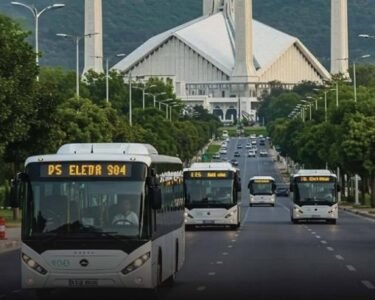In a groundbreaking development that could reshape the future of clean energy, Aircela, a climate tech startup based in New York, has unveiled a fully operational, refrigerator-sized machine that converts air into clean gasoline—all without the need for fossil fuels or major infrastructure changes.
Unveiled during a rooftop demonstration in Manhattan in May 2025, this innovation combines direct air capture (DAC) technology with renewable electricity to create engine-ready fuel. The machine is designed to work with existing combustion engines, requiring no modifications to vehicles or fuel delivery systems.
How Does Aircela’s Machine Work?
At the heart of Aircela’s solution is carbon capture technology that pulls CO₂ directly from the atmosphere. Using a proprietary conversion process powered by renewable energy, the captured carbon is synthesized into synthetic gasoline that meets commercial fuel standards—without sulfur, ethanol, or petroleum-derived content.
Each unit can:
- Capture ~10 kg of CO₂ per day
- Produce ~1 gallon of gasoline daily
- Store up to 17 gallons of fuel at a time
While it won’t fill your tank overnight, its consistent daily output makes it ideal for off-grid users, remote industrial sites, or emergency fuel needs.
Who’s Backing It?
Aircela’s mission is supported by prominent investors such as:
- Chris Larsen (Co-founder of Ripple)
- Jeff Ubben (Social Impact Investor)
- Maersk Growth, the venture arm of global logistics giant Maersk
Morten Bo Christiansen, Maersk’s Head of Energy Transition, stated:
“We invested in Aircela because of their innovative approach to production of low-emission fuels based on direct air capture.”
This backing underscores serious commercial interest in scalable alternatives to fossil fuels—especially for sectors that can’t immediately switch to electric power.
Why This Technology Matters
Unlike massive fuel plants, Aircela’s machines are:
- Portable
- Decentralized
- Cost-effective to deploy
This modular model offers a realistic way to scale clean fuel production quickly. Instead of investing billions into infrastructure for electric vehicles or large-scale hydrogen plants, Aircela offers a drop-in solution compatible with today’s transportation systems.
The technology also supports energy sovereignty by enabling local fuel production in disaster-prone, rural, or undeveloped areas where refueling infrastructure is limited.
Physicist Klaus Lackner, a pioneer in DAC technology, supports Aircela’s science and praised its real-world readiness at the event.
What’s Next for Aircela?
Founded in 2019 by Eric and Mia Dahlgren, Aircela plans to begin full-scale commercial production by Fall 2025. Their initial focus is on:
- Remote or off-grid applications
- Commercial fleets
- Industrial operations seeking alternatives to fossil fuels
CEO Eric Dahlgren emphasized urgency:
“We cannot wait decades. We need to do something about it right now.”
The Road Ahead
While a single unit won’t solve climate change, Aircela’s decentralized approach could drive widespread adoption more quickly than traditional fuel reform. If scaled correctly, thousands of these machines could significantly reduce global reliance on fossil fuels—especially in sectors where EVs or hydrogen are currently impractical.
This innovation doesn’t just represent a cleaner fuel—it signals a new chapter in climate tech.
Disclaimer:
This article is based on information available as of June 2025 from public demonstrations, company releases, and expert commentary. Technical specifications, pricing, and availability are subject to change as Aircela continues development and begins mass production. Always consult official sources for the most current and verified information.






